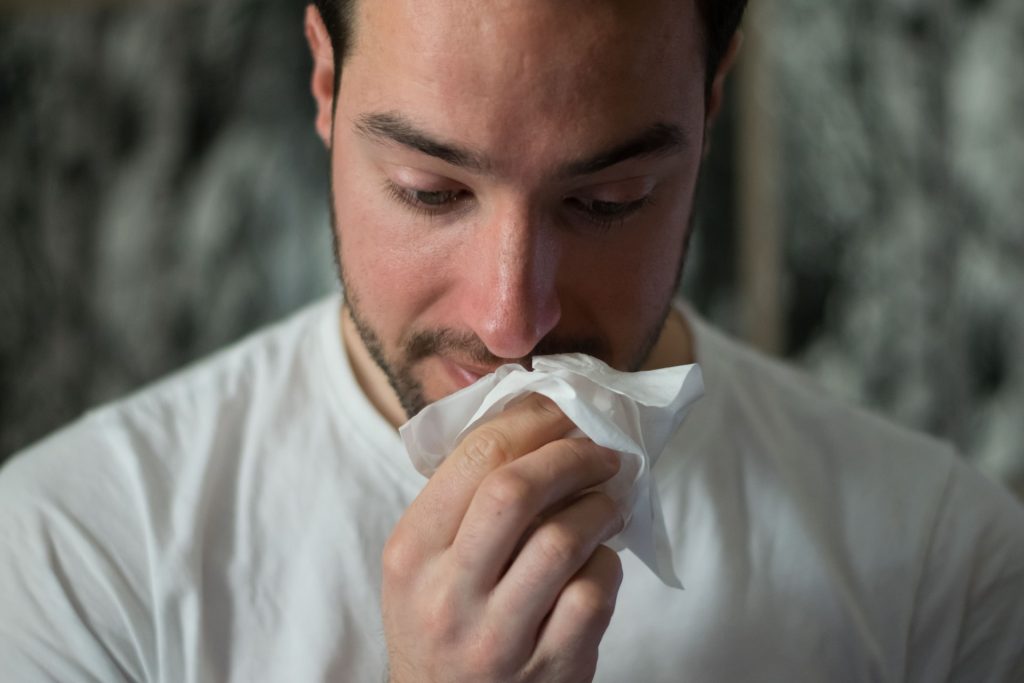
A startling number of people – including healthcare workers – conceal an infectious illness to avoid missing work, travel, or social events, new research at the University of Michigan suggests. The findings however, reported in Psychological Science, exclude being ill with COVID.
Across a series of studies involving healthy and sick adults, 75% of the 4110 participants said they had either hidden an infectious illness from others at least once or might do so in the future.
Many participants reported boarding planes, going on dates, and engaging in other social interactions while secretly sick.
More than 61% of healthcare workers participating in the study also said they had concealed an infectious illness.
Interestingly, the researchers found a difference between how people believe they would act when ill and how they actually behave, said Wilson N. Merrell, a doctoral candidate and lead author on the study.
More than 61% of healthcare workers participating in the study also said they had concealed an infectious illness.
Interestingly, the researchers found a difference between how people believe they would act when ill and how they actually behave, said Wilson N. Merrell, a doctoral candidate and lead author on the study.
“Healthy people forecasted that they would be unlikely to hide harmful illnesses – those that spread easily and have severe symptoms – but actively sick people reported high levels of concealment regardless of how harmful their illness was to others,” Merrell said.
In the first study, Merrell and his colleagues, psychology professor Joshua M. Ackerman and PhD student Soyeon Choi, recruited 399 university healthcare employees and 505 students.
The participants reported the number of days they felt symptoms of an infectious illness, starting in March 2020, when the COVID pandemic began.
They then rated how often they actively covered up symptoms from others, came to campus or work without telling others they were feeling ill, or falsified mandatory symptom screeners that the university had required for anyone using campus facilities.
More than 70% of the participants reported covering up their symptoms.
Many said they hid their illness because it would conflict with social plans, while a small percentage of participants cited pressure from institutional policies (eg, lack of paid time off). Only five participants reported hiding a COVID infection.
In a second study, the researchers recruited 946 participants online and randomly assigned them to one of nine conditions in which they imagined being either moderately or severely sick while in a social situation.
In each condition, the risk of spreading the illness was designated as low, medium, or high.
(To control for the special stigma associated with COVID at the time, the researchers asked participants not to imagine being sick with that disease.) Participants were most likely to envision themselves hiding their sickness when symptom severity was low, and least likely to conceal when symptoms were severe and highly communicable.

